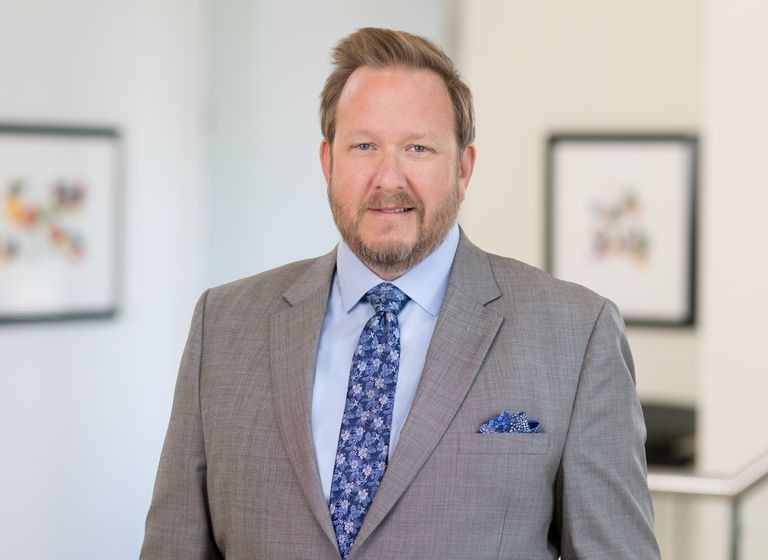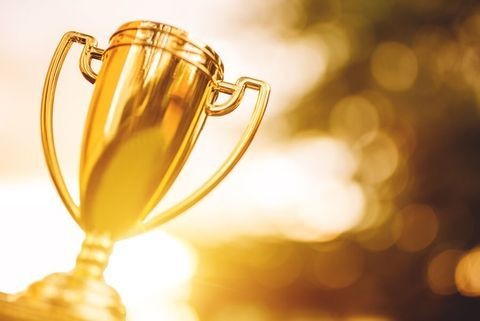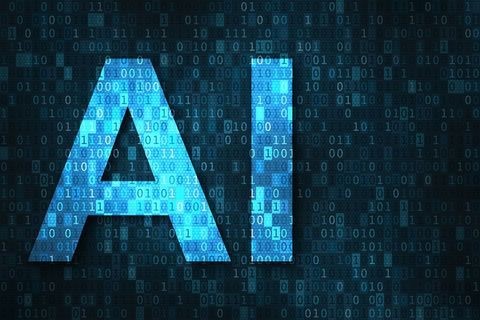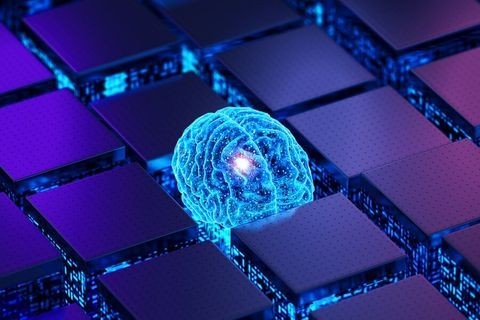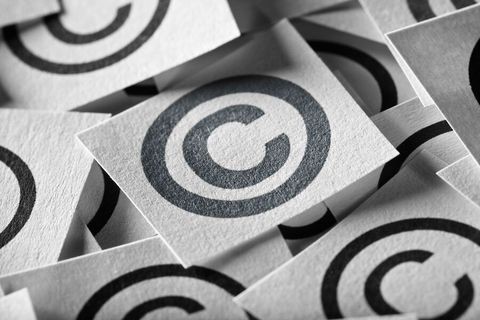Joshua P. Smith
Overview
Josh Smith helps corporations and individuals gain a competitive edge in their respective marketplaces through procurement, protection, and enforcement of intellectual property rights. Josh uses his real-world engineering experience to quickly understand the technology behind innovation. At the same time, Josh relies on his project management experience to view that innovation through the lens of business-need to craft and prosecute valuable patents that achieve the client’s overall goals.
Career & Education
- The Chamberlain Group, Inc.
Electrical Systems Engineer, 2004–2008 - Boeing Company
Electrical Design Engineer, 2003–2004
- The Chamberlain Group, Inc.
- University of Illinois, B.S., electrical engineering, 2003
- DePaul University College of Law, J.D., cum laude, 2011
- Illinois
- U.S. Patent and Trademark Office (USPTO)
- U.S. Court of Appeals for the Federal Circuit
Joshua's Insights
Firm News | 9 min read | 01.09.26
Crowell & Moring Elects 15 New Partners, Promotes One to Senior Counsel and 26 to Counsel
Washington – January 9, 2026: Crowell & Moring elected 15 new partners effective January 1, 2026. The firm also promoted 26 associates to counsel, and one counsel to senior counsel.
Client Alert | 4 min read | 12.29.25
More Than Math: How Desjardins Recognizes AI Innovations as Patent-Eligible Technology
Client Alert | 8 min read | 06.30.25
Client Alert | 3 min read | 06.02.25
Insights
Joshua's Insights
Firm News | 9 min read | 01.09.26
Crowell & Moring Elects 15 New Partners, Promotes One to Senior Counsel and 26 to Counsel
Washington – January 9, 2026: Crowell & Moring elected 15 new partners effective January 1, 2026. The firm also promoted 26 associates to counsel, and one counsel to senior counsel.
Client Alert | 4 min read | 12.29.25
More Than Math: How Desjardins Recognizes AI Innovations as Patent-Eligible Technology
Client Alert | 8 min read | 06.30.25
Client Alert | 3 min read | 06.02.25

